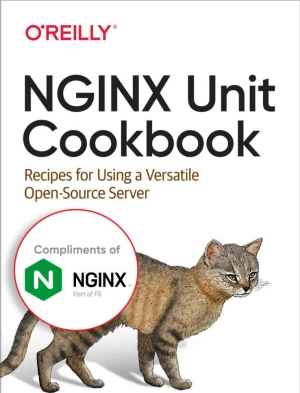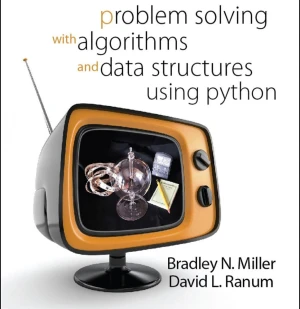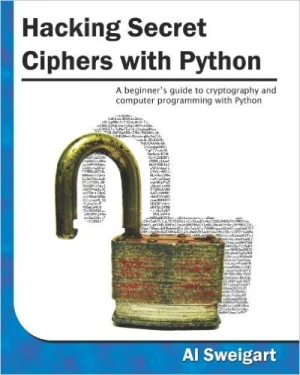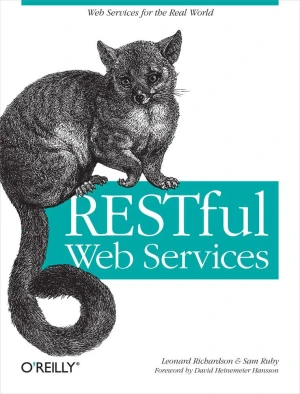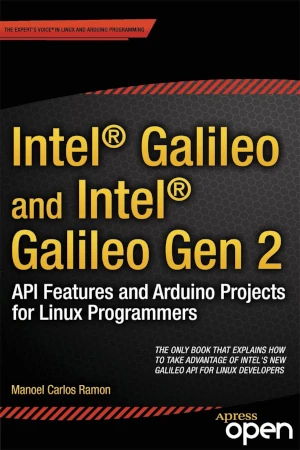IPython Interactive Computing and Visualization Cookbook, 2nd Edition
Over 100 hands-on recipes on high-performance numerical computing and data science in the Jupyter Notebook
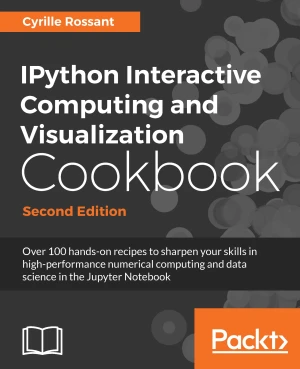
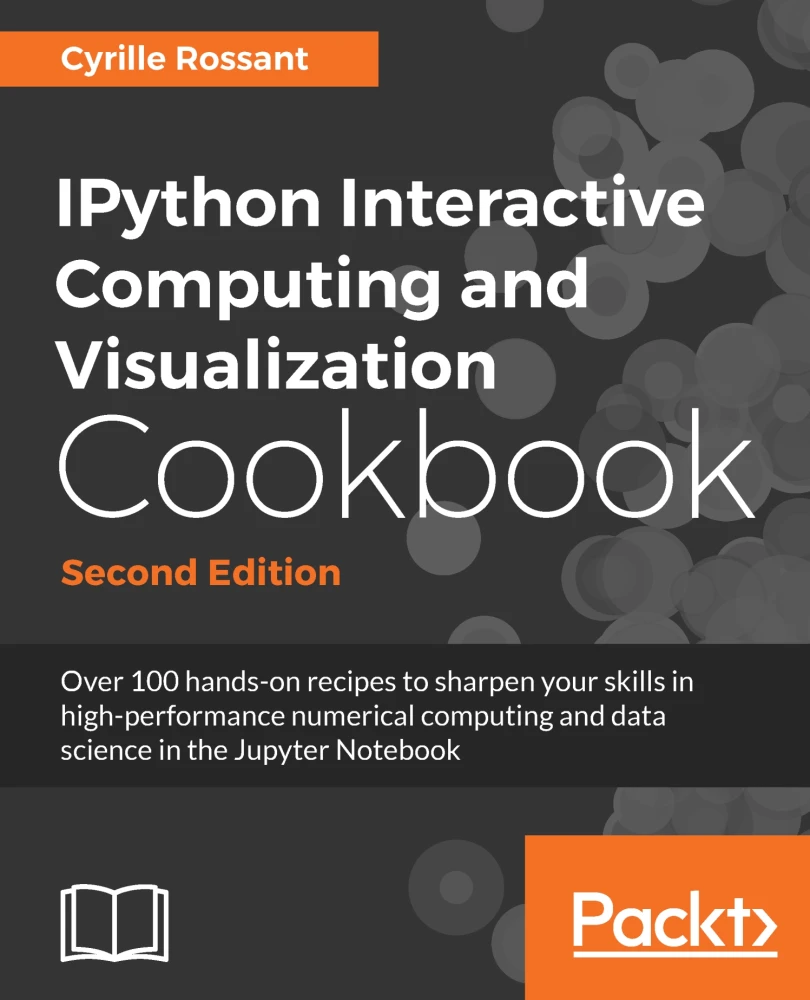
Book Details
| Author | Cyrille Rossant |
| Publisher | Packt Publishing |
| Published | 2018 |
| Edition | 2nd |
| Paperback | 548 pages |
| Language | English |
| ISBN-13 | 9781785888632, 9781785881930 |
| ISBN-10 | 1785888633, 1785881930 |
| License | Creative Commons Attribution-NonCommercial-NoDerivatives |
Book Description
Python is one of the leading open source platforms for data science and numerical computing. IPython and the associated Jupyter Notebook offer efficient interfaces to Python for data analysis and interactive visualization, and they constitute an ideal gateway to the platform. IPython Interactive Computing and Visualization Cookbook, 2nd Edition contains many ready-to-use, focused recipes for high-performance scientific computing and data analysis, from the latest IPython/Jupyter features to the most advanced tricks, to help you write better and faster code. You will apply these state-of-the-art methods to various real-world examples, illustrating topics in applied mathematics, scientific modeling, and machine learning. The first part of the book covers programming techniques: code quality and reproducibility, code optimization, high-performance computing through just-in-time compilation, parallel computing, and graphics card programming. The 2nd part tackles data science, statistics, machine learning, signal and image processing, dynamical systems, and pure and applied mathematics.
This book is intended for anyone interested in numerical computing and data science: students, researchers, teachers, engineers, analysts, and hobbyists. A basic knowledge of Python/NumPy is recommended. Some skills in mathematics will help you understand the theory behind the computational methods.
- Master all features of the Jupyter Notebook
- Code better: write high-quality, readable, and well-tested programs; profile and optimize your code; and conduct reproducible interactive computing experiments
- Visualize data and create interactive plots in the Jupyter Notebook
- Write blazingly fast Python programs with NumPy, ctypes, Numba, Cython, OpenMP, GPU programming (CUDA), parallel IPython, Dask, and more
- Analyze data with Bayesian or frequentist statistics (Pandas, PyMC, and R), and learn from actual data through machine learning (scikit-learn)
- Gain valuable insights into signals, images, and sounds with SciPy, scikit-image, and OpenCV
- Simulate deterministic and stochastic dynamical systems in Python
- Familiarize yourself with math in Python using SymPy and Sage: algebra, analysis, logic, graphs, geometry, and probability theory.
This book is available under a Creative Commons Attribution-NonCommercial-NoDerivatives license (CC BY-NC-ND), which means that you are free to copy and distribute it, as long as you attribute the source, don't use it commercially, and don't create modified versions.
If you enjoyed the book and would like to support the author, you can purchase a printed copy (hardcover or paperback) from official retailers.
Download and Read Links
Share this Book
[localhost]# find . -name "*Similar_Books*"
NGINX Unit Cookbook
Alongside its popular web server, NGINX provides a dynamic application server that supports configuration through a RESTful JSON API. The open source NGINX Unit server deploys configuration changes without service disruptions and runs apps built with multiple languages and frameworks. This updated cookbook shows developers, DevOps personnel, networ
Problem Solving with Algorithms and Data Structures, 3rd Edition
The study of algorithms and data structures is central to understanding what computer science is all about. Learning computer science is not unlike learning any other type of difficult subject matter. The only way to be successful is through deliberate and incremental exposure to the fundamental ideas. A beginning computer scientist needs practice
Hacking Secret Ciphers with Python
There are many books that teach beginners how to write secret messages using ciphers. There are a couple books that teach beginners how to hack ciphers. As far as I can tell, there are no books to teach beginners how to write programs to hack ciphers. This book fills that gap. This book is for complete beginners who do not know anything about encry
The Little Book of Semaphores, 2nd Edition
The Little Book of Semaphores is a free textbook that introduces the principles of synchronization for concurrent programming. In most computer science curricula, synchronization is a module in an Operating Systems class. OS textbooks present a standard set of problems with a standard set of solutions, but most students don't get a good understandi
RESTful Web Services
You've built web sites that can be used by humans. But can you also build web sites that are usable by machines? That's where the future lies, and that's what RESTful Web Services shows you how to do. The World Wide Web is the most popular distributed application in history, and Web services and mashups have turned it into a powerful distributed co
Intel Galileo and Intel Galileo Gen 2
Intel Galileo and Intel Galileo Gen 2: API Features and Arduino Projects for Linux Programmers provides detailed information about Intel Galileo and Intel Galileo Gen 2 boards for all software developers interested in Arduino and the Linux platform. The book covers the new Arduino APIs and is an introduction for developers on natively using Linux.

